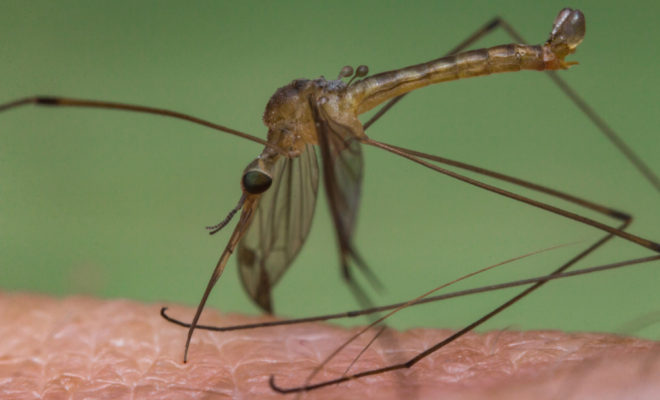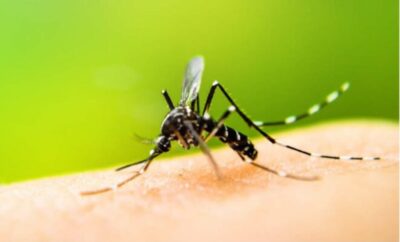
Health
Human West Nile Virus Reported in Montgomery County
The Montgomery County Public Health District has reported that a 60 year old female Montgomery County resident is the first case West Nile Virus in the county for 2017. She is in stable condition and recovering at home. On this date in 2016, Montgomery County did not any confirmed cases. The first case in our county last year occurred in August. Public Health continues to ask homeowners to do their part to help fight West Nile Virus.
According to CDC the most effective way to avoid West Nile Virus disease and Zika is to prevent mosquito bites.
Avoid bites by using insect repellants that contain DEET, picaridin, IR3535, and some oil of lemon eucalyptus and para-menthane-diol products and follow their directions for use. Weather permitting, wear long sleeves, pants and socks when outdoors. Many mosquitoes are most active from dusk to dawn. It is good to consider staying indoors during these hours.
It is important to mosquito-proof your home. Empty any standing water from flowerpots, gutters, buckets, pool covers, pet water dishes, discarded tires, birdbaths and any other items holding water on a regular basis. Install or repair screen on windows and doors to keep mosquitoes outside and use your air-conditioning if you have it.
West Nile virus infection can cause serious disease and is most commonly spread by infected mosquitoes. People typically develop symptoms between 3 and 14 days after they are bitten. According to CDC approximately 80 percent of people who are infected will not show any symptoms at all, but there is no way to know in advance if you will develop the illness or not.
Milder symptoms include fever, headache, body aches, nausea, vomiting and sometimes swollen lymph glands or a skin rash on the chest, stomach and back. These symptoms can last up to several weeks. Serious symptoms that account for less than 1% of those infected can include high fever, headache, neck stiffness, disorientation, coma, tremors, seizures or paralysis. These symptoms can last for several weeks and neurological effects may be permanent.
If you develop symptoms of severe WNV illness such as unusually severe headaches or confusion seek medical attention immediately. The majority of milder WNV illnesses improve on their own.
For more information on WNV please visit the CDC at https://www.cdc.gov/westnile/index.html Montgomery County Public Health District’s mission is promoting a healthy, resilient community through health education, disease prevention, clinical services, and emergency preparedness.
For more information about the Montgomery County Public Health District please go to www.mcphd-tx.org.
























